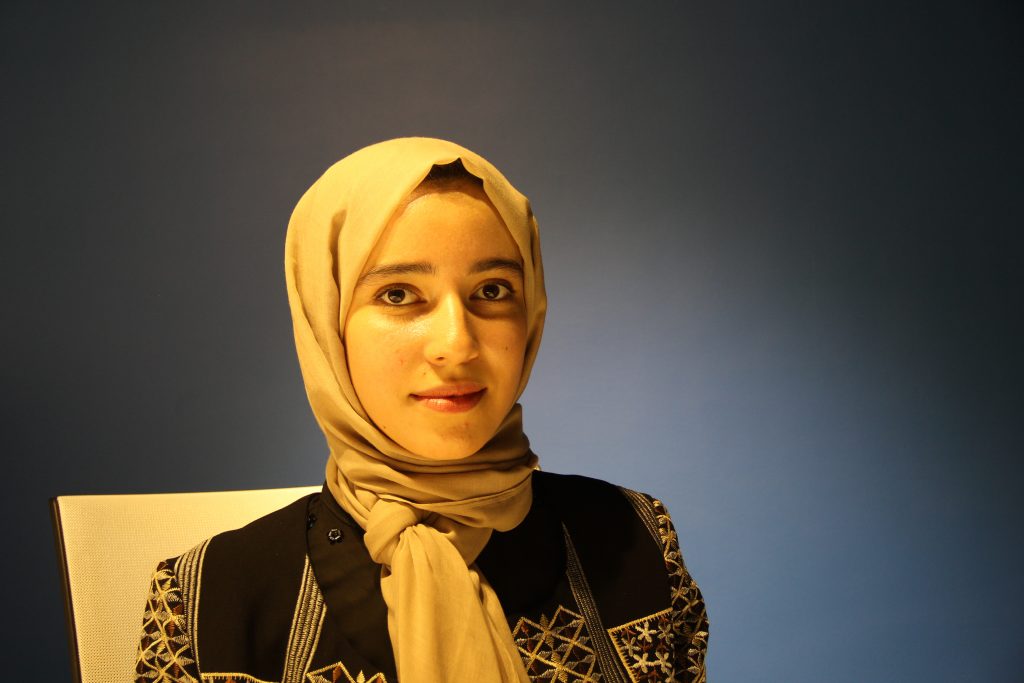Feed a Cold, Starve a Cancer?
The Impact of Fasting on Leukemia Treatment
Introduction
In oncology research and practice, fasting for disease treatment has become a popular subject.
Prechemotherapy short-term fasting has been shown to help reduce tumor growth by supporting chemotherapy efficacy; and it can lessen chemotherapy damaging side effects.
Acute leukemias, characterized by the excess production of hematopoietic progenitor cells of the lymphoid (Acute Lymphoblastic Leukemia, ALL) or myeloid lineages (Acute Myeloid Leukemia, AML), are among the most common causes of childhood cancer worldwide.2 Both ALL and AML are challenging to treat, but several studies show that fasting induces the differentiation and elimination of some types of leukemia, which implicates fasting or its mimetics as a novel strategy for the treatment of leukemia.
Why the Emerging Interest in Fasting?
Several studies suggest that fasting substantially suppresses tumor progression, improves survival, increases efficacy of chemotherapy and decreases chemotherapy side effects.
In the body’s normal, non-fasting state, healthy cells grow and reproduce, but during fasting their energy shifts towards repairing and protecting existing cells making the organism go into a protective mode.
Cancer cells are apparently exempt from this protective mode response because of genetic mutations that cause the cells to get “stuck” in an overactive growth process.3 This failure in response to fasting is known as differential stress resistance.1 These cancer cells have higher glucose affinity than normal cells for fueling their out-of-control growth so by decreasing the glucose present in the body you can generate problems for the cancer cells making them vulnerable to attack from the immune system and medical treatments.
- A synergistic effect seems to appear when combining short-term fasting and chemotherapies rather than using either treatment method alone.


Nice new information
Thank you for that research